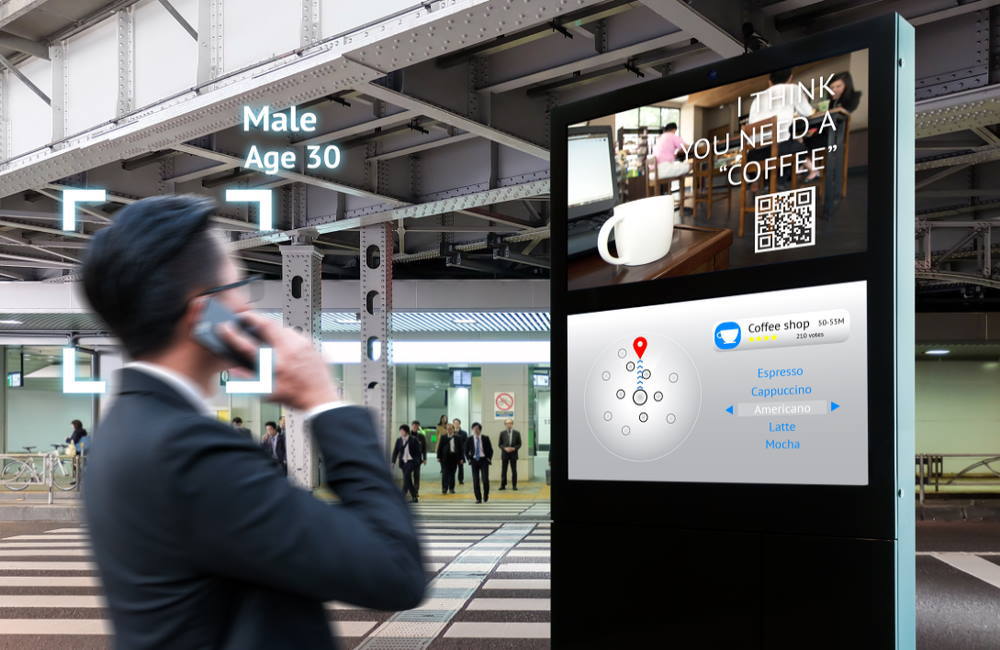Digital marketing is on the verge of a major transformation, thanks to emerging artificial intelligence (AI) technologies. In the coming years, marketing executives are expected to start incorporating AI in new ways, according to research from Gartner, a technological research and consulting firm.
Some of the emerging technologies include AI for marketing strategies, emotion AI, generative AI, and influence engineering.
AI has the potential to solve many common marketing problems like accurate targeting, measurement, identity resolution, and managing consent and preferences. Plus, AI is expected to help combat the rising costs of customer acquisition and potentially tighter marketing budgets if the economy has a downturn.
“It is not enough to deliver relevant and personalized messaging through ads via walled gardens, so CMOs are leaning on emotion AI to find and target consumers and business buyers at scale,” said Mike Froggatt, Senior Director Analyst in the Gartner Marketing practice. “Attention and investment dollars are also moving toward other emerging channels and technologies.”
AI for Marketing
Emerging AI technologies for marketing can collect and analyze data and use those observations to adapt the behaviors of marketing platforms without having to manually reprogram systems. The AI uses techniques like optimization, knowledge graph, rule-based systems, machine learning and natural language processing.
As new AI technology develops, it could cause a major shift in the foundations of how marketing campaigns operate, because the additional capabilities of AI can take how companies currently use data to a whole new level.
Emotion AI
Emotion AI technology, also known as affective computing, uses AI to analyze users’ emotional states with sensors, audio/video input, software logic and computer vision. This technology has the ability to initiate responses and perform personalized action based on the customer’s specific mood.
Being able to transform human behavior into actionable data is a gamechanger for marketers, because it has the potential to tailor digital efforts and increase the personal connection between brands and consumers.
Generative AI
Another emerging form of AI technology is generative AI. It learns from existing material like speech, video or design and uses what it learns to create new, original material that references the characteristics of the original data without repeating it.
Generative AI can also pinpoint core characteristics of consumers and then customize content for them. It can even train media buys to recognize and avoid potential issues like deep fakes or misinformation. Marketing departments are expected to widely adopt generative AI technology in the next 2-5 years.
Influence Engineering
Influence engineering uses behavioral science to produce algorithms that can learn about people and use the learnings to guide them toward specific actions. This technology allows for personalization that can improve targeted content marketing and automate communication with customers.
Emotion detection is one example of influence engineering, but there’s also edge computing and other ways to make the most out of a company’s data. Gartner estimates that influence engineering will start to be a mainstream digital marketing practice in the next 5-10 years.










Leave A Comment